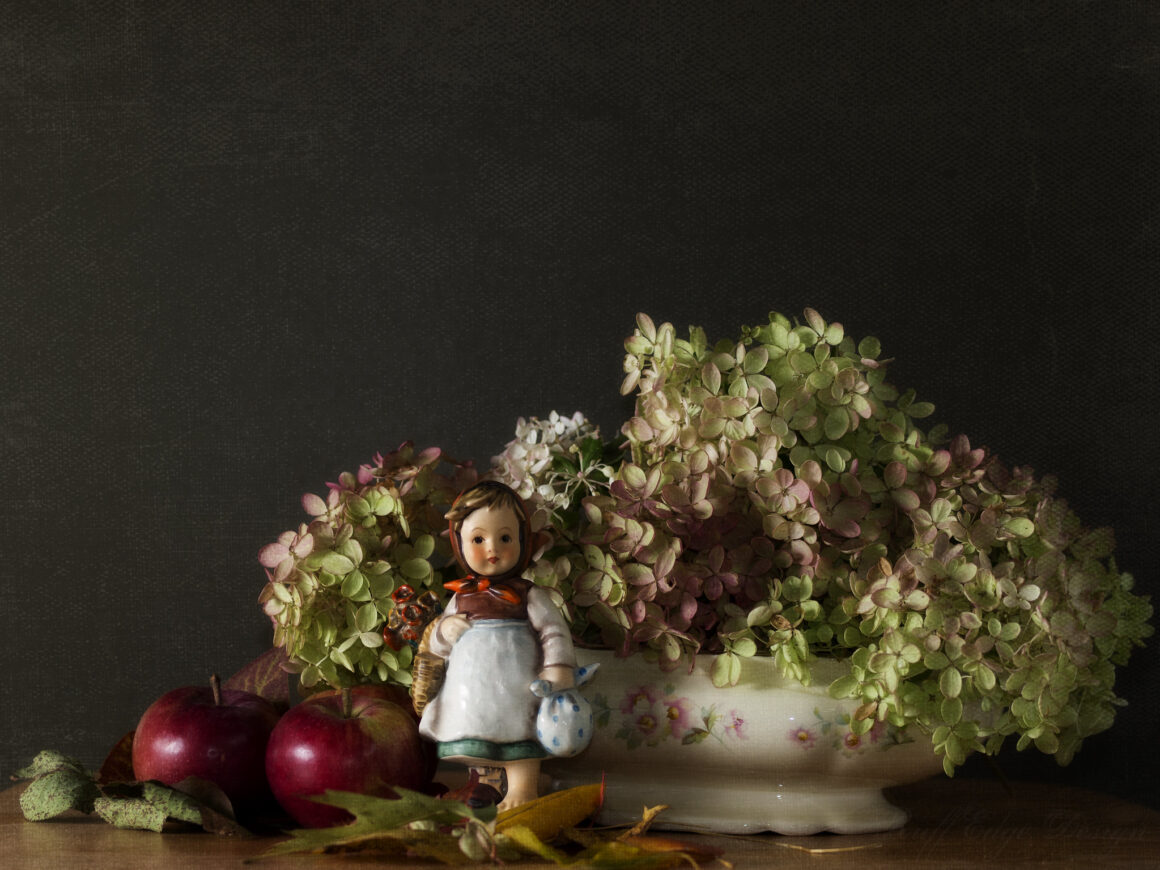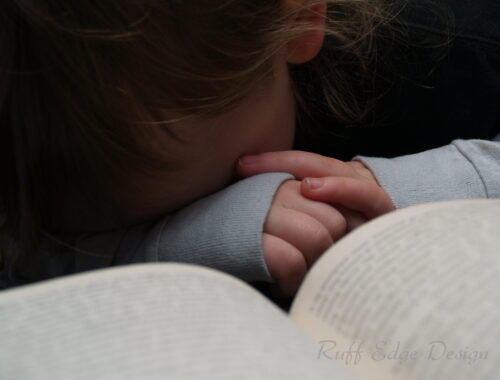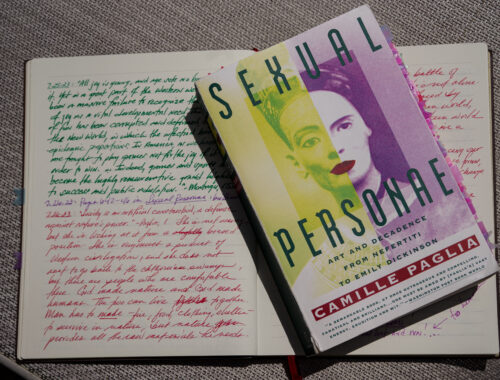
Sharing an Apple
Poet Jane Hirshfield is new to me. Robert Bly is the one who introduced us, in his book, Looking for Dragon Smoke, and although I knew Bly’s name, I had paid it no attention (perhaps because none of my college professors did). It took Stephen Harrod Buhner’s praise of his work, in Ensouling Language, to get me curious enough.
Hirshfield’s “Apple” is a lovely, quiet poem that climbs into my lap, circles a few times, then settles down so I can run my hands over it and give it my time and attention. It contains seven stanzas, but the last three are the ones that stay with me.
Once, a certain hope came close
and then departed. Passed by me in its familiar
shawl, scented with iodine woodsmoke.I did not speak to it, nor it to me.
Yet still the habit of warmth traveled
between us, like an apple shared by old friends—One takes a bite, then the other.
They do this until it is gone.
So, the speaker and a particular hope are sharing a moment of warmth, nothing more. The speaker doesn’t try to stop hope; no invitation to stay for a cup of tea is extended. There is no chasing. The speaker will not pursue hope, corner and cage it if she catches up. She just goes about her business, never knowing if that little surge of the heart will pass by again. She appreciates the moment for what it is. What more is needed?
How unlike this speaker is the person I used to be, back when I put hope in a cage, kept it on a short leash, tied it down, locked it up—did all I could to ensure that it never left me.
Thank God, things here are different now. These days, I read Hirshfield’s poem and I get it. It’s what I was talking about when I told a friend that things begin to fall into place when the healing happens. Suddenly, we are able to live comfortably in the world: with hope, with food (for me), with God, with ourselves—but probably not with those who too tightly hold whatever they’ve managed to grab. As my husband likes to say, “You can’t have everything. Where would you put it?”
But how does this change in ourselves happen? Why does it happen? I think it’s because we no longer need to be on guard all the time: worrying about what kind of mood somebody is in, editing the sentences in our minds before they ever leave our mouths or fingers, playing back the interactions and looking for more than anyone else would have noticed so we can blame ourselves, learn from our mistakes, and vow to never make them again. In short, we can now just be, instead of always having to do. I wonder if this is what Saint Thomas Aquinas was getting at when he told his sister that all she needed to do to get to heaven was to will it. Is this what the prolific twelfth-century thinker and writer meant when he declared, after his beatific vision in 1273 (three months before he died), “The end of my labors has come. All that I have written appears to be as so much straw after the things that have been revealed to me”? If salvation is a gift, why do we all continually work so hard to get our mitts on it and (perhaps?) keep it from slipping away?
Back to Bly and Hirschfield: among other things, the former had this to say about the latter:
So we have here in our culture a delicate writer who is a bit like Elizabeth Bishop, a delicate watcher, sometimes looking not over your shoulder but over her own, and noticing—what? The slight disarrangement of a room. … We have someone who holds her own life in solution, the way a science student holds manganese in solution for days. She is wary, she observes. She accompanies her own body through the world, and doesn’t expect too much from shoulders or waists. She is like someone in a royal family who decides that she needn’t take a job. And yet she has—she watches invisible beings. … She watches the gods who appear in a fraction of a second after an artist has drawn a face well. Her gods are more like the gods who move a shawl a few inches just after the funeral. The job she accepted is to watch these gods. … She experiences the divine by never talking of it or her. She describes shadows of the divine that move across the sunlit floor and do disturb the dust.
My book piles keep growing, with 19 titles ordered in the last two weeks alone, and more selected from the shelves in my home, but I reached for Dragon Smoke yesterday because I knew I needed it. I was feeling especially separated from myself because my direct line to God was picking up interference and static from others. The message, “you show your love for God by loving your neighbor” gets drilled into us, but what about loving God by loving yourself? He made you, too, you know, and you’re supposed to put your own oxygen mask on first. You can’t love yourself, however, if you don’t know who you are, who you really are—not who you became to make someone else happy.




